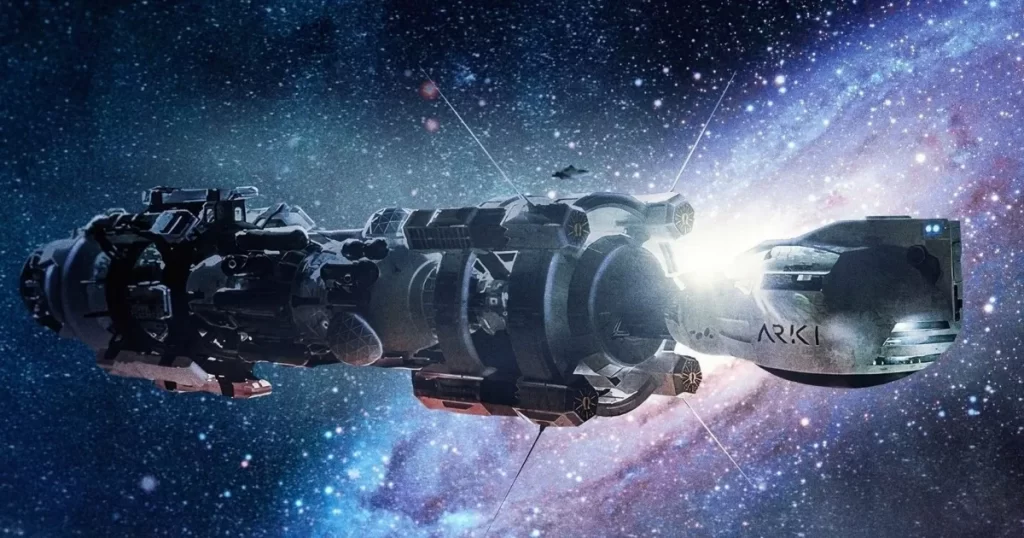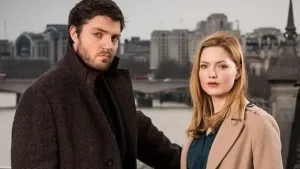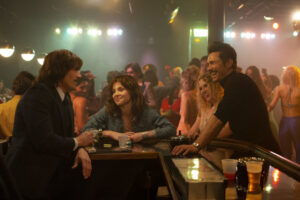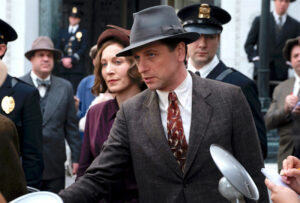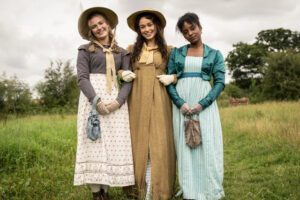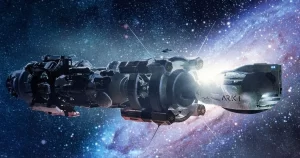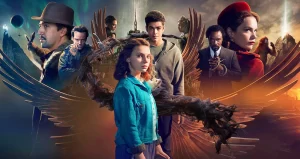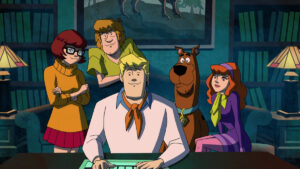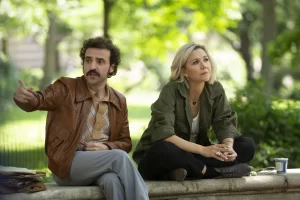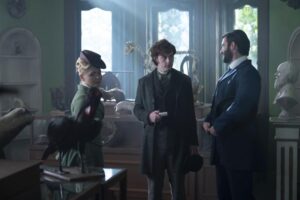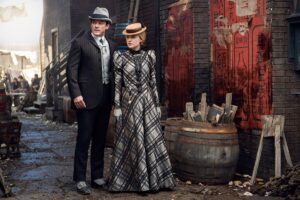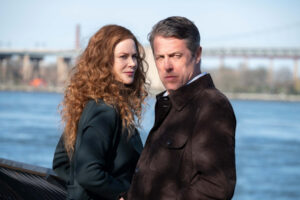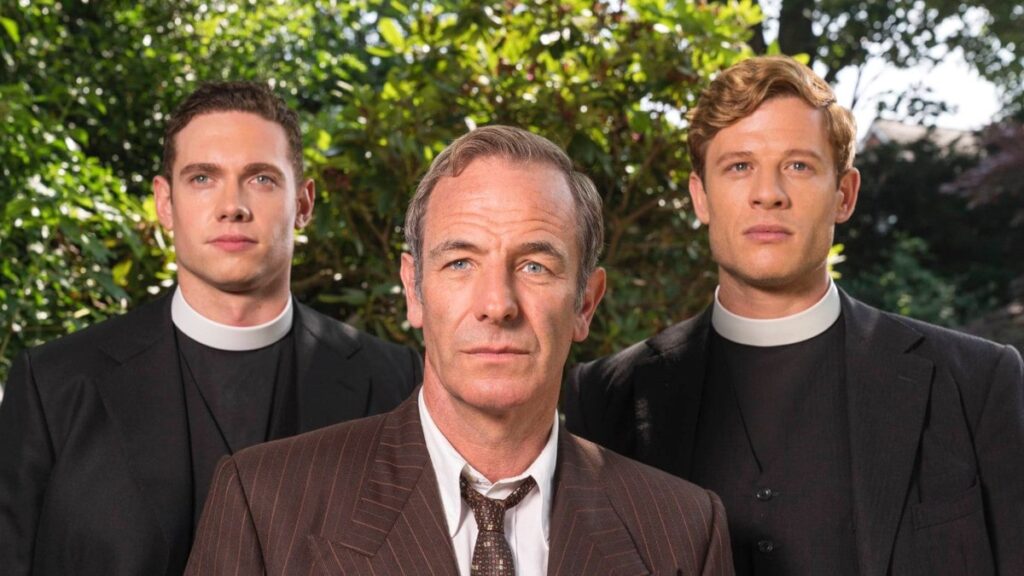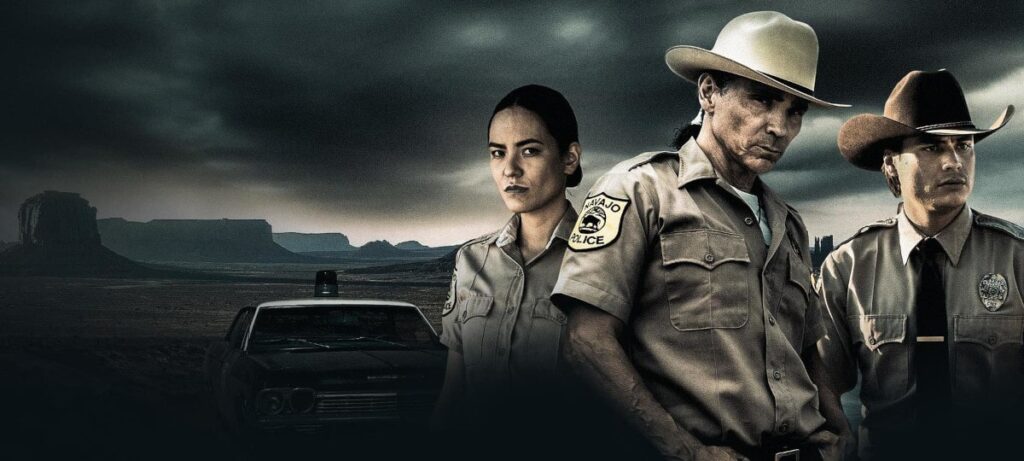The Ark on the SyFy channel. Wow, is it bad. Stunningly bad. Dialog? Bad. Acting? Bad. Science? Nonsensical. Sets? Boring. Music? Blah. Bad and worse. It’s terrible.
That being said, there’s no reason you shouldn’t like it. It’s very simple entertainment. Good looking people face and defeat one crisis after the next. It doesn’t demand much from the audience and a lot of people simply enjoy the scenery.
But, I’m here to do a review and that’s what I’m going to do.
Eastern Europe Production
A number of commenters point out The Ark was created principally in Serbia and many of the people associated with the show are thus from Eastern Europe rather than Hollywood or London. This is all true but it doesn’t excuse the bad acting and writing.
You cannot tell me there aren’t better actors in theater houses all over Belgrade? That you can’t find writers who understand basic science in Eastern Europe? That great writers don’t ply their trade in Serbia? It’s not an excuse.
Beautiful People
The actors are one good looking bunch but it’s clear to me they were chosen for the roles based on appearance, not acting ability. That’s a real shame because I’m certain fine actors from Serbia and the surrounding regions auditioned for the roles. I largely didn’t even learn character names.
Bad Science
I can’t even begin to go over how bad is the science on this show. I wrote a couple of blogs after each of the first two episodes, and you can look there for some of the glaring mistakes. If you spotted any one of the dozens of scientific inaccuracies, please feel free to note them down in a comment.
The point here is I find it impossible to enjoy a show when I see scientific errors a fifth-grade student wouldn’t make. It completely takes me out of immersion. I can’t like the show when one scientific blunder follows the next.
Crisis after Crisis
The biggest problem with this show is the formulaic crisis scenes. It starts with the opening scene and doesn’t stop until the finale. They all follow the same pattern. Everything is fine. A crisis emerges suddenly without warning. Crisis music plays. Commercial break. The crisis is solved with some crazy idea from one of the characters. It’s not the crisis du jour it’s crisis du commercial break.
Who solves the problem? Let’s go over it.
Maybe it’s overly tan girl whose main acting trait is opening her eyes wider to indicate crisis. It might be captain curly hair whose acting skill is saying her lines louder. Otherwise, its beefcake boy whose main acting method is to thicken his accent. Usually, it’s super-annoying girl who happened to study that exact thing back when she was in third grade because her mother had one of those thingy bobs. Maybe its stammering lad coming up with a brilliant plan.
The cause of the crisis is usually something stupid like doctor dope fiend didn’t properly read the instructions on the manual.
I will never do that!
The number of times a character absolutely refuses to do something but is convinced two seconds later to do exactly that is incalculable. It happens with almost every single conversation. I won’t! You should! Ok! That’s fifty percent of the dialog in this show.
Fighting Skills
Oh my flying spaghetti monster but this is annoying. Someone can’t fight until suddenly they can. Whine and complain boy is useless until he needs to beat up three heavily armed guards and escape. Mind you, he couldn’t beat up pouty-lipped, bi-polar girl who looks like she might weigh ninety pounds. When she hits someone, I’m afraid her boney little arms will break.
The Sets
My eyes roll every time I see some stupid antique chair on Ark 15. It’s obviously exactly the same set as Ark 1. I pity the crew that had to nail up tacky paintings and then take them back down. The Ark has far too much open space. The engine room from the outside is massive. Inside it’s tiny. No attention to detail. Bland and boring.
The Good
This show is so bad I could probably continue railing for another thousand words but I do want to take a moment to give credit where it’s due. Pavle Jerinic is the only character I believe in his role. He’s Felix, chief of security and he’s good.
The sound editing is great. Despite the fact English isn’t the first language of a lot of these characters I understand them clearly. The music doesn’t drown them out. They don’t mumble and speak with such heavy accents I can’t figure out what they’re saying. You’ll say this is damning with faint praise but I’ve seen shows with a much bigger budget and productions values do far worse. The Nevers, I’m talking to you.
The Evil Plan
The ultimate villain has a stupid plan. They’ve got 500 people between two ships which is the entirety of the human race. She doesn’t want to share an entire planet with half of them? It’s madness. Fly up, get the necessary ingredient, sing kumbaya. Done.
Conclusion
I’m really sad this show is so awful. I love science fiction and the premise here is good, as I discuss in my other reviews. With good actors and competent writers this might have been an entertaining show. As it stands, it’s just plain bad.
Tom Liberman
